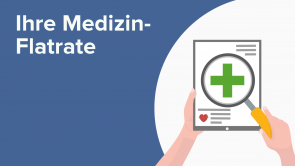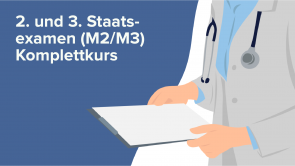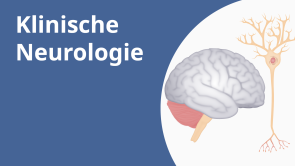Neurogen vermittelte Synkope: Definition, Pathophysiologie und Klassifikation

Über den Vortrag
Der Vortrag „Neurogen vermittelte Synkope: Definition, Pathophysiologie und Klassifikation“ von Roy Strowd, MD ist Bestandteil des Kurses „Vertigo, Schwindel und Gleichgewichtsstörungen“.
Quiz zum Vortrag
Which statement is the most accurate when broadly discussing neurally mediated syncope?
- It presents with arterial vasodilation in the setting of bradycardia.
- It presents with arterial vasoconstriction in the setting of tachycardia.
- It presents with arterial vasodilation in the setting of tachycardia.
- It presents with arterial vasoconstriction in the setting of bradycardia.
- It presents as arterial vasodilation and is unrelated to the heart rate.
Which statement is the most accurate with respect to central syncope?
- Treatment options include avoiding emotional stimuli.
- There are no pharmacological treatments.
- The parasympathetic system is insufficiently activated.
- The sympathetic system is insufficiently activated.
- It is caused by the pooling of venous blood.
Which statement is the most accurate with respect to postural syncope?
- Postural syncope can be precipitated by antihypertensive drugs.
- Postural syncope ultimately results in increased cerebral perfusion.
- Postural syncope is related to a rapid increase in the venous blood return to the heart.
- Postural syncope is common in patients who are sitting upright for an extended period.
- Postural syncope is caused by the overactivation of reflex tachycardia.
Which statement is the most accurate with respect to situational syncope?
- It can be induced by an episode of severe coughing.
- The initial cause is due to the decreased activation of visceral afferents.
- There is underactivation of the vagal parasympathetic system.
- It is usually related to emotionally charged events.
- It is directly related to hydration levels.
Diese Kurse könnten Sie interessieren
Kundenrezensionen
5,0 von 5 Sternen
| 5 Sterne |
|
5 |
| 4 Sterne |
|
0 |
| 3 Sterne |
|
0 |
| 2 Sterne |
|
0 |
| 1 Stern |
|
0 |






